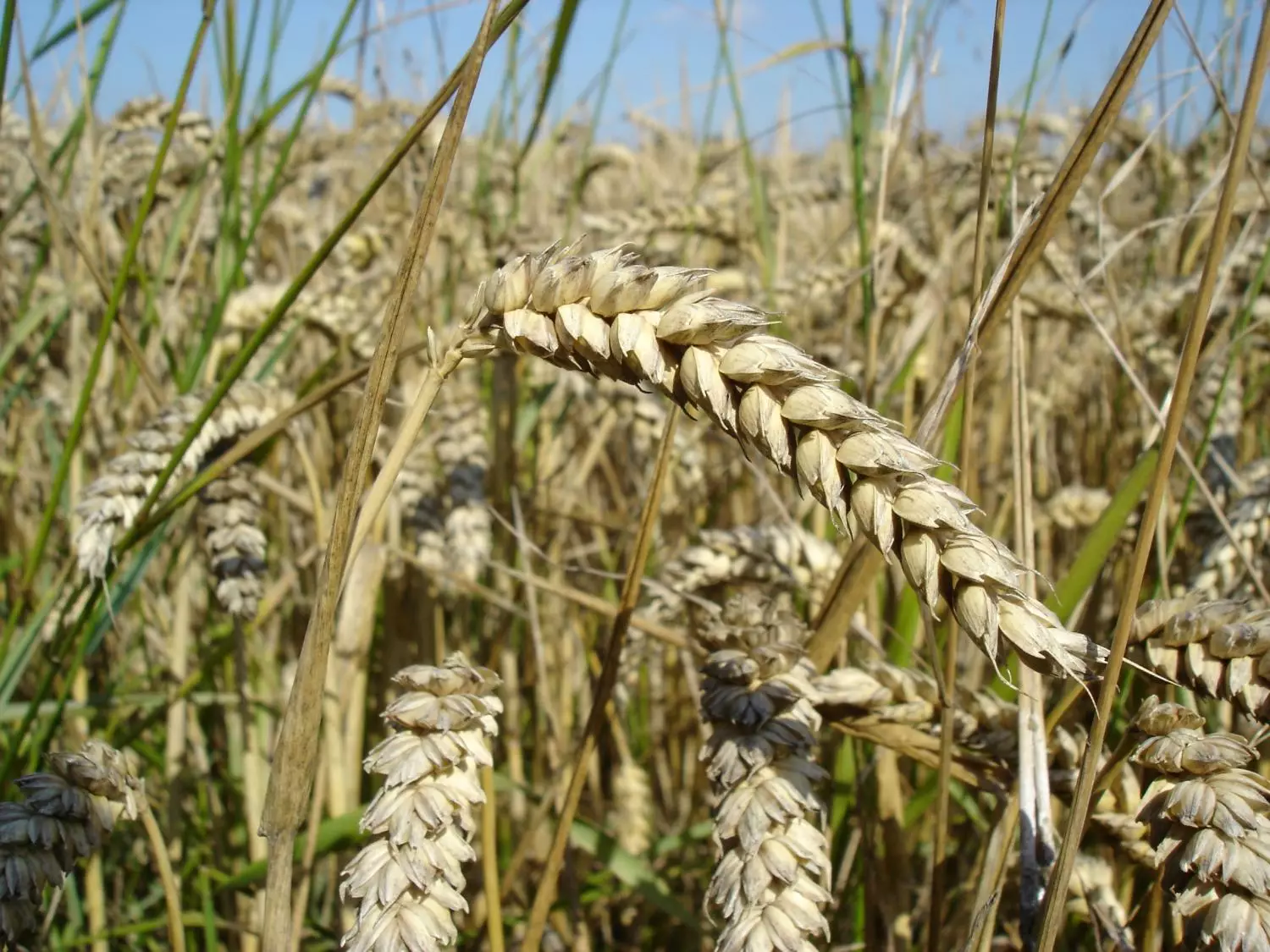A recent investigation conducted by Pesticide Action Network (PAN) revealed that the United Kingdom continues to utilize 36 pesticides that have been banned in other European countries. Out of these, 13 have been classified as “highly hazardous” with links to detrimental effects such as water contamination, cancer, infertility, and other illnesses. This alarming revelation emphasizes the urgent need for alternative solutions to protect crops while safeguarding the environment and human health.
Providing a beacon of hope, researchers at the University of Nottingham have successfully conducted a field trial for a material they have developed to protect crops from fungi. Professor Simon Avery, an expert in eukaryotic microbiology, explains that this test material is non-toxic and functions by resisting the attachment of fungal spores, preventing fungal infection on both crop surfaces and other vulnerable areas. The results of the first field trial with wheat were immensely encouraging, showcasing the significant potential of this material in crop protection.
The selection process for the lead polymer candidates involved bio-performance testing on in vitro microplates and leaf-based assays. From there, the research team optimized and scaled up the synthesis of these candidates before creating a spray formulation suitable for crop application. The field trial involving wheat demonstrated promising outcomes, as the material effectively reduced fungal infection caused by the Septoria tritici fungus by up to 26%. Additionally, the crop treated with the material displayed growth comparable to the control group. These findings revolutionize the possibilities for a safer and more effective alternative to traditional fungicides.
The fungal infections that afflict wheat pose a significant challenge, with current losses ranging from 5% to 10% of yields, despite the use of resistant crop varieties and fungicides. Addressing this issue, the researchers partnered with ADAS, an independent agricultural and environmental consultancy, for the field trial. Chloe Morgan, a senior research scientist, emphasizes that the results are highly promising, showcasing the efficacy of the polymers against Septoria tritici. With further optimization, these polymers could play a vital role in future disease control strategies. Not only could they replace or be used in combination with conventional fungicides, but they could also contribute to reducing the risk of fungicide resistance development, potentially prolonging the effectiveness of existing products.
The success of this first field trial underscores the importance of continuing research and development in this area. The researchers are already planning a second field trial for this year to further refine and improve the polymer. This ongoing effort ensures that their findings can be translated into practical solutions to address the challenges faced by farmers and the agriculture industry as a whole.
The discovery of this innovative material offers hope in the quest for safer alternatives to harmful pesticides. By actively resisting the attachment of fungal spores and providing effective protection to crop surfaces, this material has the potential to replace existing fungicides and significantly reduce the risks associated with water contamination, cancer, infertility, and other illnesses. As research and development continue, the goal of achieving food security, protecting wildlife, and promoting environmental sustainability draws closer. The University of Nottingham’s breakthrough in crop protection presents a groundbreaking opportunity to dramatically improve the agricultural sector and secure the future of global food production.


Leave a Reply